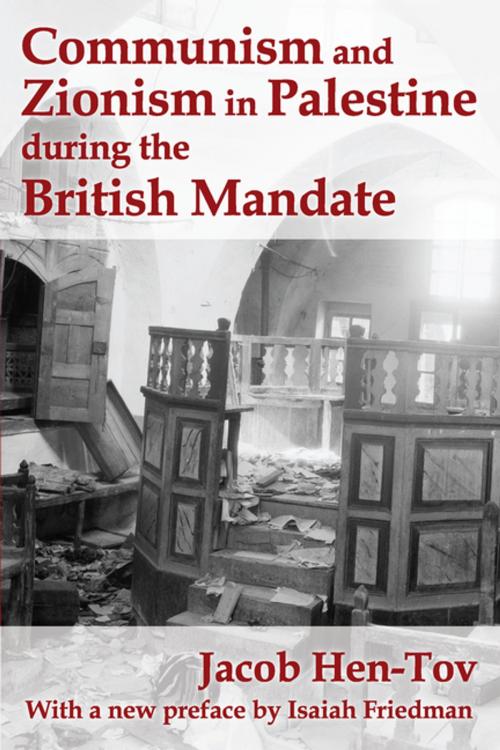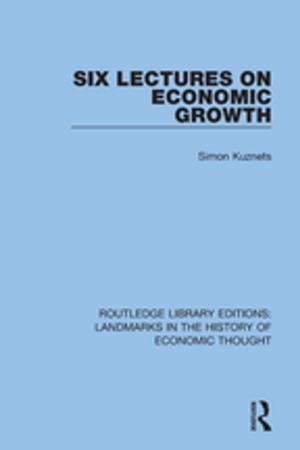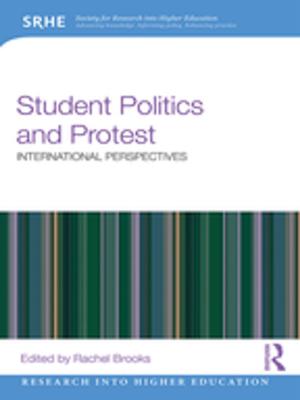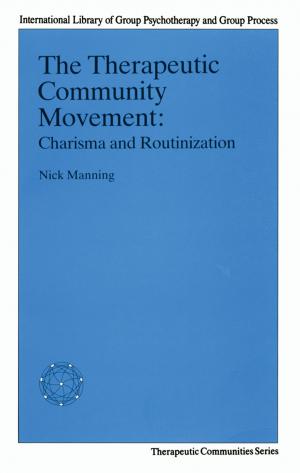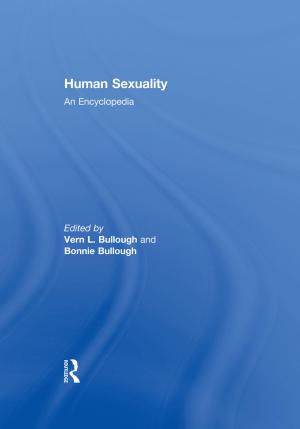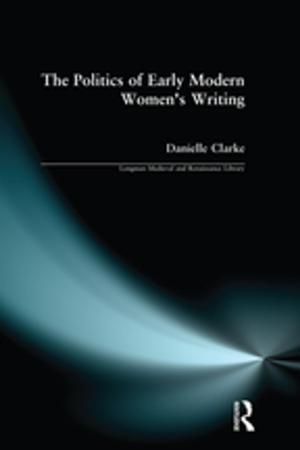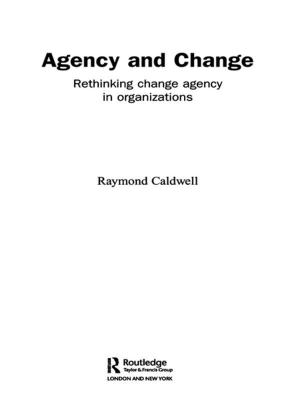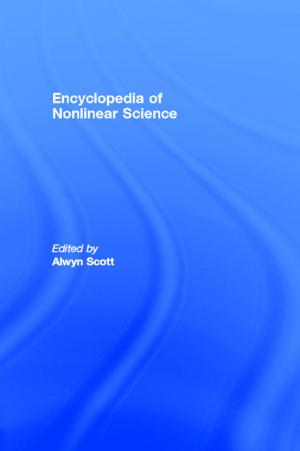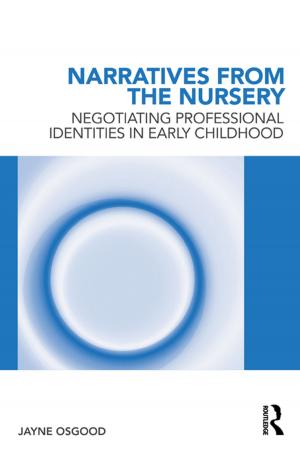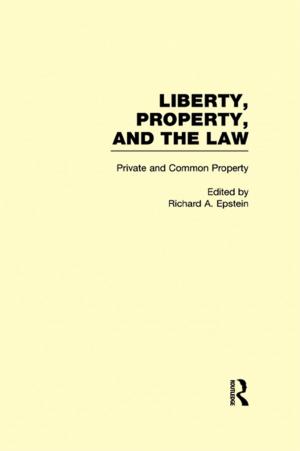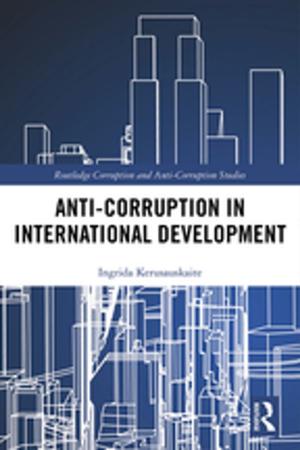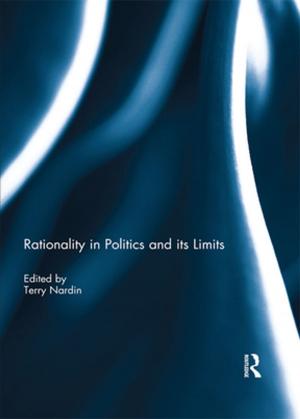Communism and Zionism in Palestine during the British Mandate
Nonfiction, History, Middle East, Social & Cultural Studies, Social Science| Author: | Jacob Hen-Tov | ISBN: | 9781351527491 |
| Publisher: | Taylor and Francis | Publication: | July 5, 2017 |
| Imprint: | Routledge | Language: | English |
| Author: | Jacob Hen-Tov |
| ISBN: | 9781351527491 |
| Publisher: | Taylor and Francis |
| Publication: | July 5, 2017 |
| Imprint: | Routledge |
| Language: | English |
This reconstruction of Middle East politics and ideology focuses on the rise of the Zionist settlement in Palestine, the gradual emergence of Arab nationalism, and the increasing difficulties facing the British Mandatory government when reconciling the growing Arab-Jewish communal strife. The Communist International, searching for revolutionary situations in the underdeveloped world, attempted to use unrest in Palestine to undermine the Mandate. In the process two sections of the Communist movement were confronted with an expanding popular movement, Zionism, which they tried to suppress.The situation was unique. The Palestine Communist Party's leadership and membership were predominantly Jewish, and perceived the Communist International's anti-Zionist policies as a threat to the existence of the entire Jewish community. The Soviets themselves promoted an autonomous Jewish region within the Soviet Union and sought to combat manifestations of Zionism in the Middle East that might appeal to Russian Jewry.The precise mechanisms of control and policy influence that the Communist International exerted upon the Palestine Communist Party have only recently been revealed. The author's intimate knowledge of the Middle East enabled him to reconstruct the 1920s situation. By utilizing survivors' testimonies, he also was able to explain the roots of the strong anti-Israeli position taken by the Soviet Union at the time. Communism and Zionism in Palestine during the British Mandate is a vivid historical analysis and will be invaluable to those who wish to understand the complex present situation in the Middle East.
This reconstruction of Middle East politics and ideology focuses on the rise of the Zionist settlement in Palestine, the gradual emergence of Arab nationalism, and the increasing difficulties facing the British Mandatory government when reconciling the growing Arab-Jewish communal strife. The Communist International, searching for revolutionary situations in the underdeveloped world, attempted to use unrest in Palestine to undermine the Mandate. In the process two sections of the Communist movement were confronted with an expanding popular movement, Zionism, which they tried to suppress.The situation was unique. The Palestine Communist Party's leadership and membership were predominantly Jewish, and perceived the Communist International's anti-Zionist policies as a threat to the existence of the entire Jewish community. The Soviets themselves promoted an autonomous Jewish region within the Soviet Union and sought to combat manifestations of Zionism in the Middle East that might appeal to Russian Jewry.The precise mechanisms of control and policy influence that the Communist International exerted upon the Palestine Communist Party have only recently been revealed. The author's intimate knowledge of the Middle East enabled him to reconstruct the 1920s situation. By utilizing survivors' testimonies, he also was able to explain the roots of the strong anti-Israeli position taken by the Soviet Union at the time. Communism and Zionism in Palestine during the British Mandate is a vivid historical analysis and will be invaluable to those who wish to understand the complex present situation in the Middle East.
